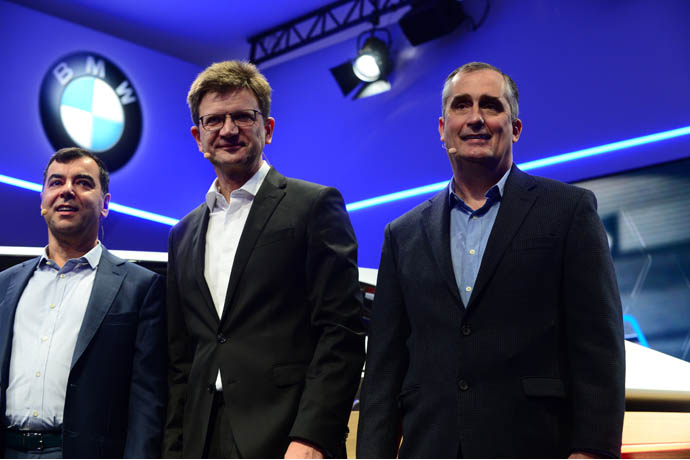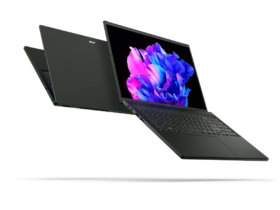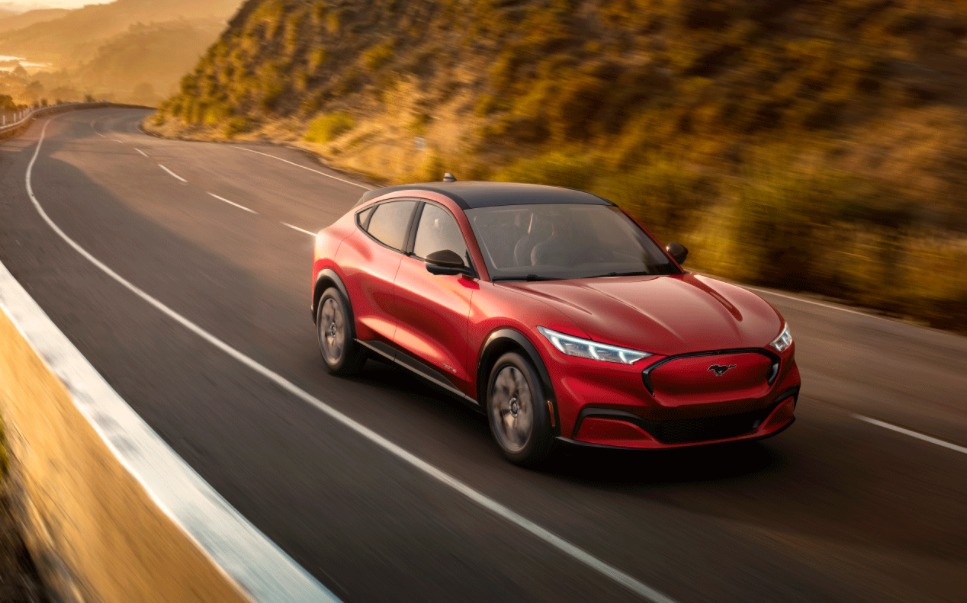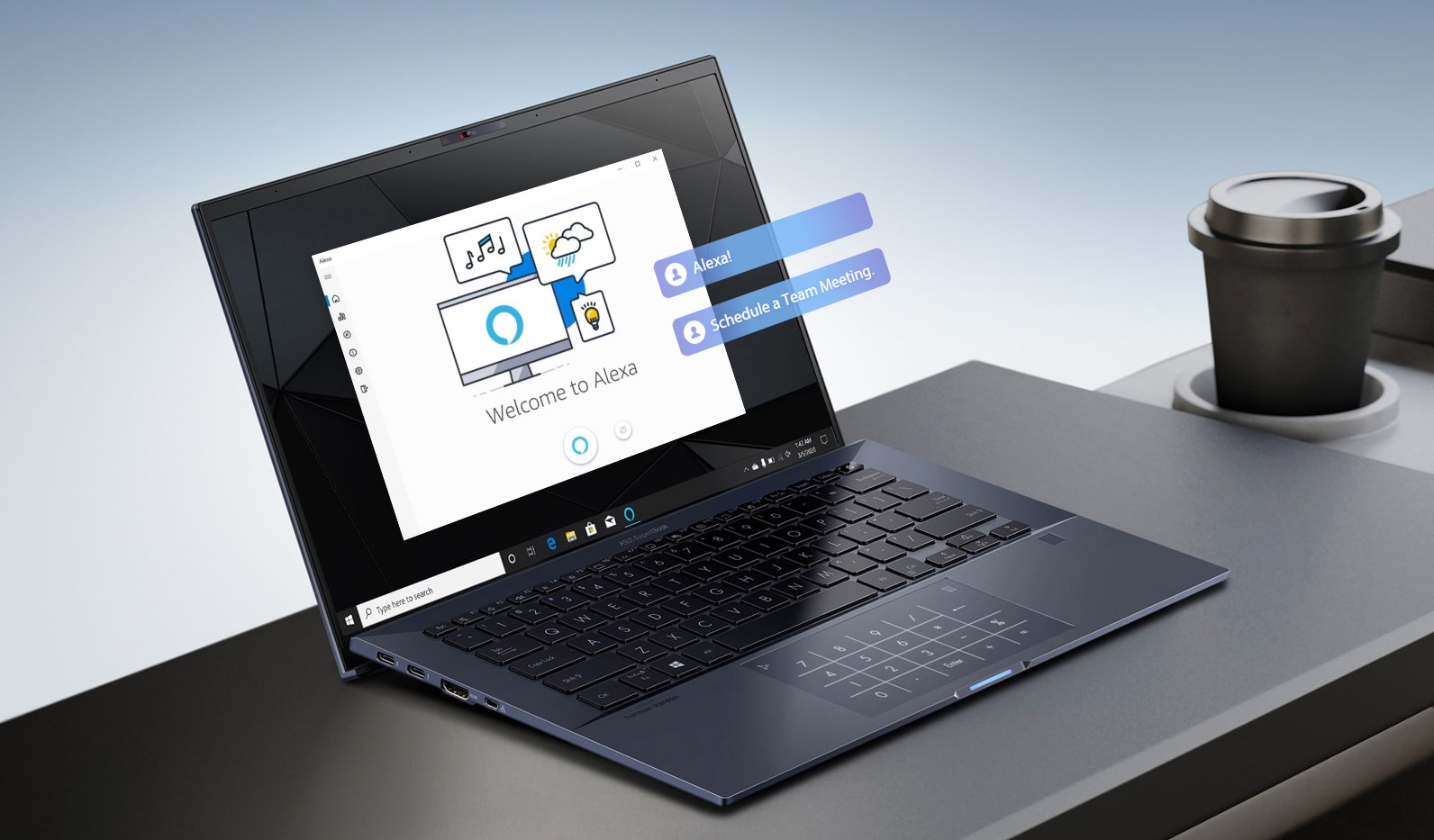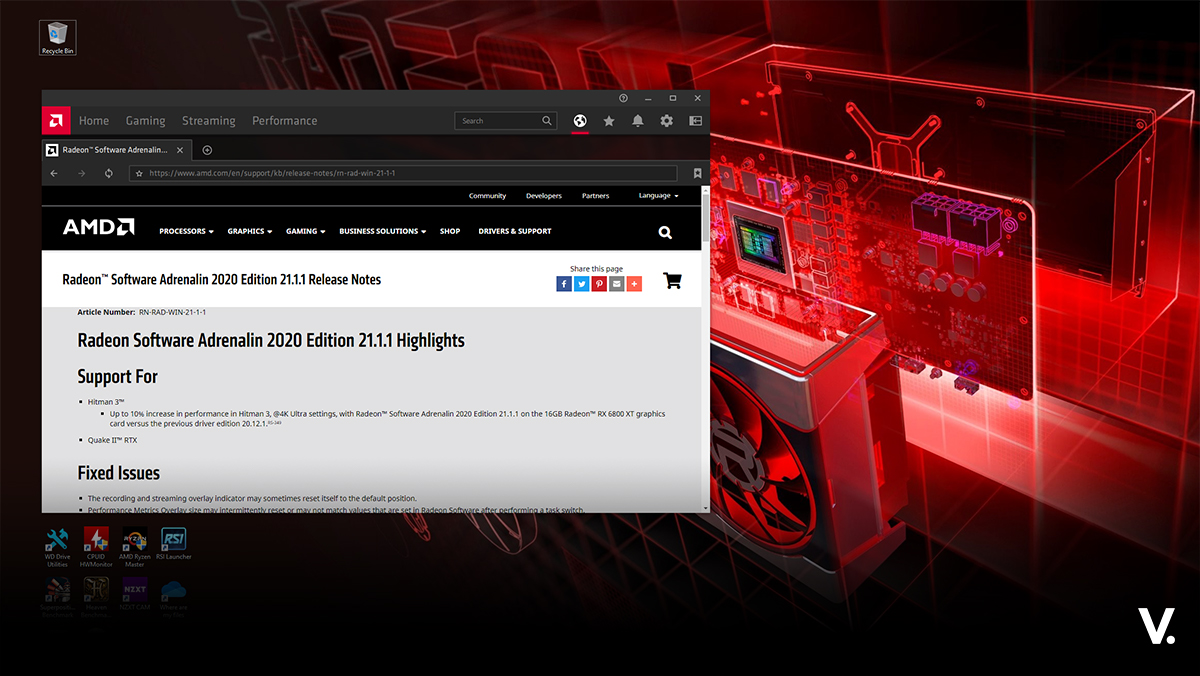Autonomous vehicle technologies continue to be a key focus at CES 2017. BMW Group, Intel and Mobileye has just announced today that a fleet of about 40 autonomous BMW vehicles will be on the roads by the second half of 2016. At a joint press conference earlier this morning, the companies revealed that the BMW 7 series will incorporate cutting-edge Intel and Mobileye technologies. Global trials will start in US and Europe.
The test fleet demonstrates the significant advancements made towards fully autonomous driving.
Intel had earlier announced it is buying a 15% stake in HERE, a step to build the technology foundation for smart and connected cars of the future.
BMW Group will be responsible for driving control and dynamics and evaluation of overall functional safety.

(CREDIT: Walden Kirsch/Intel Corporation)
Intel on the other hand, brings high performance computing elements – from vehicle to data centre. Its newly launched Intel GO solution for autonomous driving brings together world-class process and FPGA technologies. Its technologies meets the stringent thermal and safety requirements of the automotive industry.
In-car, Intel GO offers scalable development and compute platform for critical functions. This includes sensor fusion, driving policy, environment modeling, path planning and decision-making.
On the data centre side, Intel GO offers high performance Intel Xeon chips, Intel Arria 10 FPGAs and Intel SSDs, just to name a few.
A key part of the autonomous driving platform is machine learning and artificial intelligence. This is supplied by the Intel Nervana platform.
Mobileye’s proprietary EyeQ5 high performance computer vision processor is responsible for processing and interpreting input from the 360-degree view vision sensors, as well as localization. EyeQ5 works in tandem with Intel CPU and FPGA technologies that form the Central Computing Platform of an autonomous vehicle.
The partnership plans to release hardware samples and software updates in the coming years. The BMW iNEXT model, expected to be introduced in 2021, will be the foundation for BMW Group’s autonomous driving strategy.
Source: Intel
For more CES 2017 stuff, head over to vernonchan.com/tag/ces2017.
#intelCES #CES2017 #verneCES #TeamMindBlow


